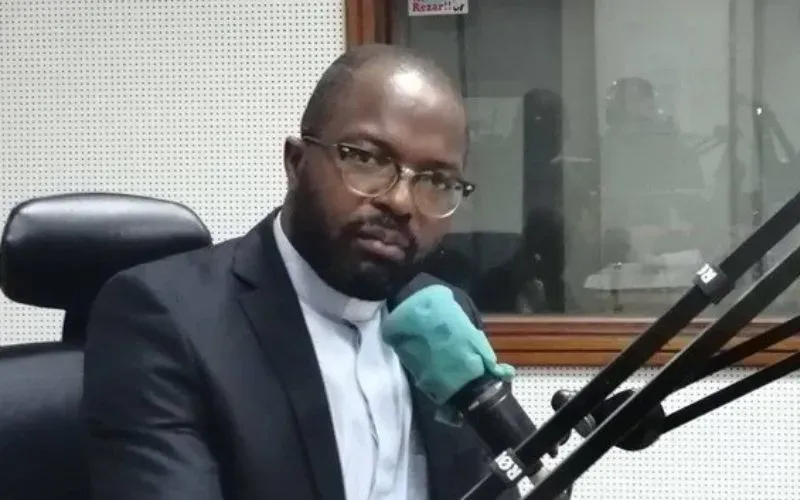Luanda, 14 February, 2025 / 11:08 pm (ACI Africa).
The Executive Secretary of the Catholic Commission for Justice and Peace (CCJP) of the Catholic Bishops’ Conference of Angola and São Tomé (CEAST) is urging Africa’s leaders to find a common strategy in addressing challenges following the U.S. government’s abrupt funding cuts.
In an interview with ACI Africa on Thursday, February 13, Fr. Celestino Epalanga weighed in on the funding suspension that the Donald Trump-led government is to effect, including subsidies through the U.S Agency for International Development (USAID) USAID and the U.S. President’s Emergency Plan for AIDS Relief (PEPFAR) as well as the U.S. withdrawal from the World Heald Organization (WHO).
In a January 20 Executive Order, the U.S. White House ordered, among other suspensions, a “90-day pause in United States foreign development assistance for assessment of programmatic efficiencies and consistency with United States foreign policy.”
“All department and agency heads with responsibility for United States foreign development assistance programs shall immediately pause new obligations and disbursements of development assistance funds to foreign countries and implementing non-governmental organizations, international organizations, and contractors pending reviews of such programs for programmatic efficiency and consistency with United States foreign policy, to be conducted within 90 days of this order,” the White House Executive Order further instructed.
In the February 12 interview, the CCJP-CEAST Executive Secretary expressed concern about the consequences of the abrupt suspension of fundings programs on countries in Africa, where numerous life-saving programs have perennially relied on the U.S. suspended funds, including those that Tedros Adhanom Ghebreyesus, the WHO Director General, has listed such as the HIV treatment, testing and prevention services, prevention programs for at-risk groups, clinics closing and health workers being put on leave.








